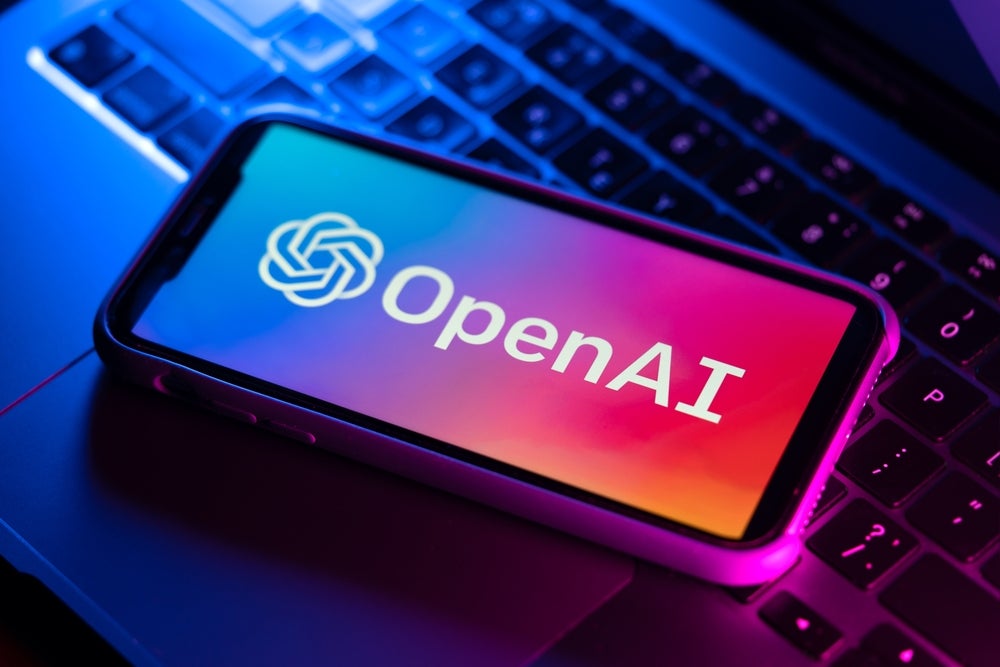OpenAI’s Game-Changer: How NVIDIA’s GB200 on Azure Dramatically Transforms AI Performance
In a significant leap forward for artificial intelligence (AI), OpenAI has collaborated with industry giants NVIDIA and Microsoft Azure to deliver an enhancement that is nothing short of revolutionary. The introduction of NVIDIA’s GB200 technology promises to enhance AI performance to unprecedented levels, boasting a staggering 30-fold performance increase. This collaboration is set to redefine the landscape of AI development and deployment, enabling developers and organizations to harness more sophisticated models with greater efficiency.
Understanding the Power of NVIDIA’s GB200 Technology
NVIDIA’s GB200 is engineered to push the boundaries of what AI can achieve. This latest generation of graphics processing units (GPUs) is built specifically for AI workloads, optimizing for both training and inference tasks. By leveraging advanced architectures and unprecedented computational power, the GB200 delivers a remarkable performance boost compared to its predecessors. Some of the key features of the GB200 include:
- Increased Throughput: The GB200 can handle significantly more operations per second, making it ideal for complex AI models that require intensive calculations.
- Enhanced Memory Bandwidth: With improved memory capabilities, the GB200 allows for faster data processing and retrieval, which is crucial for real-time AI applications.
- Optimized Power Efficiency: Despite its power, the GB200 is designed to be energy-efficient, allowing for reduced operational costs without compromising performance.
This combination of features positions the GB200 as a game-changer in the AI landscape, empowering developers to create more capable and efficient AI systems.
OpenAI’s Vision and Integration with Azure
OpenAI has long been at the forefront of AI research and development, with a mission to ensure that artificial general intelligence (AGI) benefits all of humanity. By integrating NVIDIA’s GB200 technology on the Microsoft Azure platform, OpenAI is taking a crucial step toward realizing its vision. Azure offers a cloud-based infrastructure that is both scalable and secure, providing the ideal environment for deploying advanced AI applications.
Sam Altman, CEO of OpenAI, has expressed heartfelt gratitude to Satya Nadella and Jensen Huang for their critical roles in this partnership. Their collaborative effort underscores the importance of combining cutting-edge technology with robust cloud infrastructure, ultimately enhancing the accessibility and scalability of AI solutions across various industries.
The 30-Fold Performance Boost Explained
The 30-fold performance boost provided by the integration of NVIDIA’s GB200 on Azure can be attributed to several factors:
- Parallel Processing Capabilities: The GB200 excels in executing multiple tasks simultaneously, which is essential for training large AI models that require extensive data processing.
- Advanced AI Frameworks: The latest AI frameworks and libraries have been optimized to take full advantage of the capabilities offered by the GB200, allowing for faster model training and inference.
- Dynamic Scaling: Azure’s cloud infrastructure allows for dynamic scaling, meaning resources can be allocated based on demand, ensuring that performance remains consistent even as workloads fluctuate.
This remarkable performance uplift is not just a number; it translates to real-world applications where AI can be deployed more effectively, from natural language processing to computer vision and beyond.
Implications for Various Industries
The advancements brought about by NVIDIA’s GB200 on Azure are set to have far-reaching implications across multiple sectors:
- Healthcare: AI can analyze vast amounts of medical data to assist in diagnostics, treatment planning, and drug discovery, improving patient outcomes and operational efficiency.
- Finance: Enhanced AI models can detect fraudulent transactions in real-time, assess credit risk more accurately, and optimize trading strategies.
- Manufacturing: Predictive maintenance powered by AI can significantly reduce downtime and increase productivity by anticipating equipment failures before they occur.
- Education: Personalized learning experiences can be developed using AI, catering to individual student needs and improving learning outcomes.
These advancements not only enhance the capabilities of existing applications but also pave the way for innovative use cases that were previously unattainable.
Challenges and Considerations
While the collaboration between OpenAI, NVIDIA, and Azure marks a significant milestone, it’s essential to recognize the challenges that come with such rapid advancements in AI technology. Some considerations include:
- Ethical Implications: As AI systems become more powerful, the ethical considerations surrounding their use become increasingly complex. Ensuring that AI is developed and deployed responsibly is paramount.
- Data Privacy: The use of vast amounts of data for training models raises concerns about privacy and security, necessitating robust measures to protect sensitive information.
- Skill Gaps: There may be a skills gap in the workforce as organizations look to leverage these advanced technologies, highlighting the need for training and education in AI-related fields.
Addressing these challenges will be crucial in ensuring that the benefits of this technological advancement are realized without compromising ethical standards or public trust.
The Future of AI with NVIDIA’s GB200
As we look to the future, the integration of NVIDIA’s GB200 technology on Azure is poised to set the stage for a new era in AI development. The collaboration not only enhances the capabilities of AI models but also democratizes access to powerful AI tools, allowing smaller organizations and startups to innovate and compete on a global scale.
Moreover, the advancements in AI performance can lead to breakthroughs in various fields, from climate modeling to autonomous systems, presenting opportunities for societal transformation. With leaders like Sam Altman, Satya Nadella, and Jensen Huang at the helm, the trajectory of AI appears promising, filled with potential for positive impact.
In conclusion, OpenAI’s partnership with NVIDIA and Microsoft Azure, marked by the introduction of the GB200 technology, is indeed a game-changer. The 30-fold performance boost not only enhances AI capabilities but also opens doors to new innovations, making it an exciting time for the field of artificial intelligence.
See more Future Tech Daily

